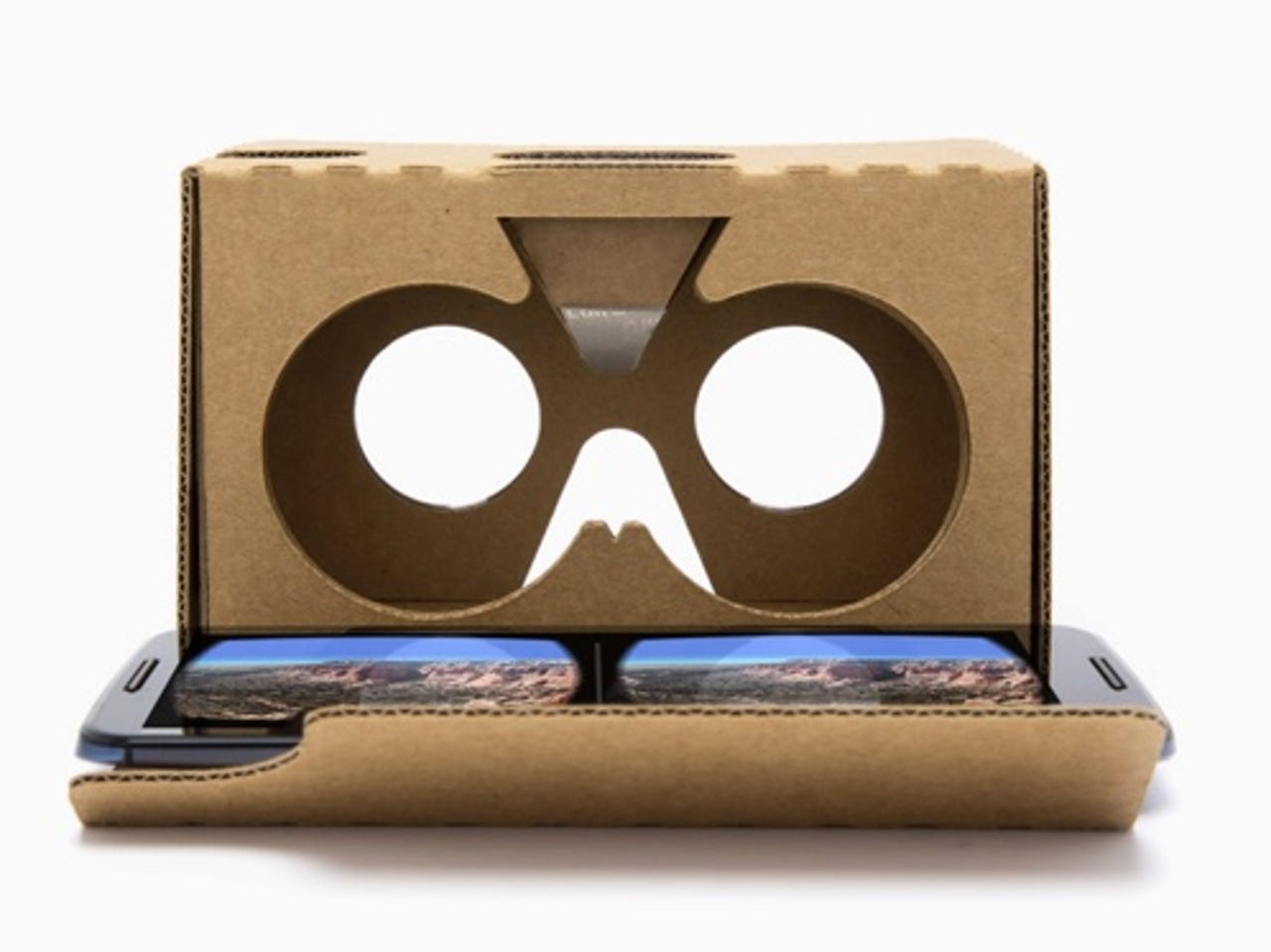Google planning VR headset to work with updated Android software: Report


Google is pushing farther into virtual reality, as it's planning a VR headset that will rival the Facebook Oculus and Samsung Gear VR, reports Tim Bradshaw of the Financial Times.
This isn't Google's first foray into a VR headset, though Bradshaw says it will be much different than its past Cardboard initiative. Instead, the new Google VR headset will be plastic and be based on new Android software.
The plastic VR headset is said to be a smartphone-based device, like the Gear VR.
Google will release the headset alongside new Android VR technology sometime in 2016. Bradshaw says it will use an existing smartphone that will fit into a slot on the plastic headset.
The VR division of Google is reportedly doubling down, as Clay Bavor, the long time VP of Gmail and Drive, was put in charge of a newly created VR division in January.
Google's take on VR is likely to be different than the rest of the industry. Instead of trying to sell as much hardware as possible, it's likely the VR hardware will be similar to the Nexus smartphone program. Essentially, Google just wants to show manufacturers what can be done with its Android software.
There has been much interest in virtual reality from the major technology companies. Google has shipped more than 5 million units of its Cardboard headset that uses sensors and a smartphone to provide an introductory virtual reality experience. Facebook's Mark Zuckerberg suspects it's the next big thing.
Industry analysts agree. In a recent research note, Goldman Sachs analyst Heather Bellini wrote the virtual and augmented reality market could become an $80 billion industry by 2025. Many of the big tech names are trying to stake out a spot early.
"It's really going to change, I think, many aspects of our life and be completely disruptive," Bellini told CNBC's "Squawk Alley" in January. "2016 isn't going to be the year we see all of this play out, but certainly over the next 10 years, it's going to take off."